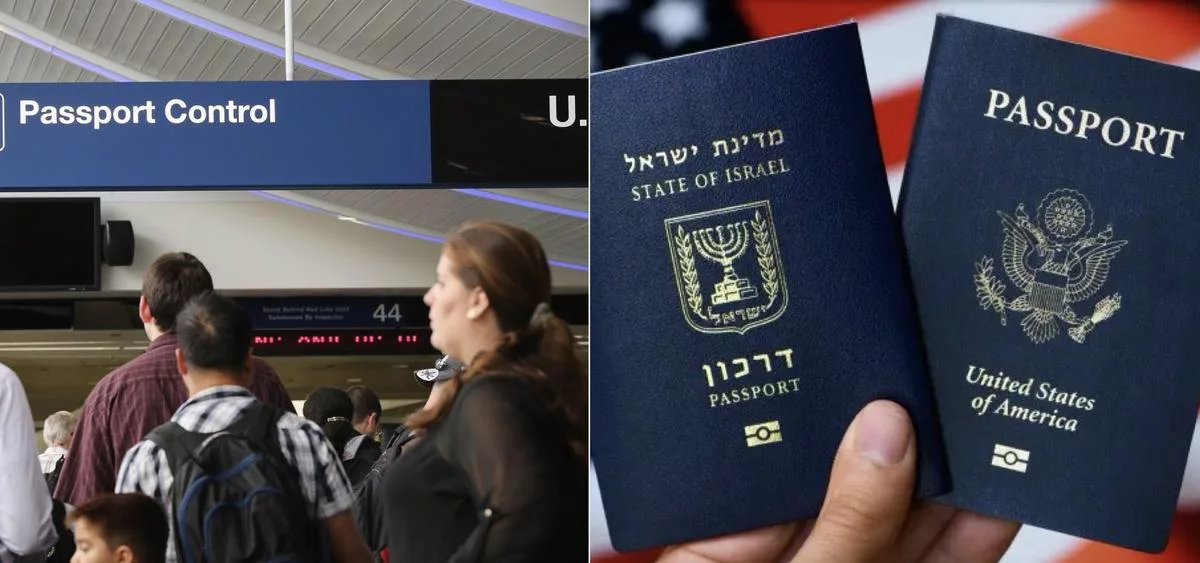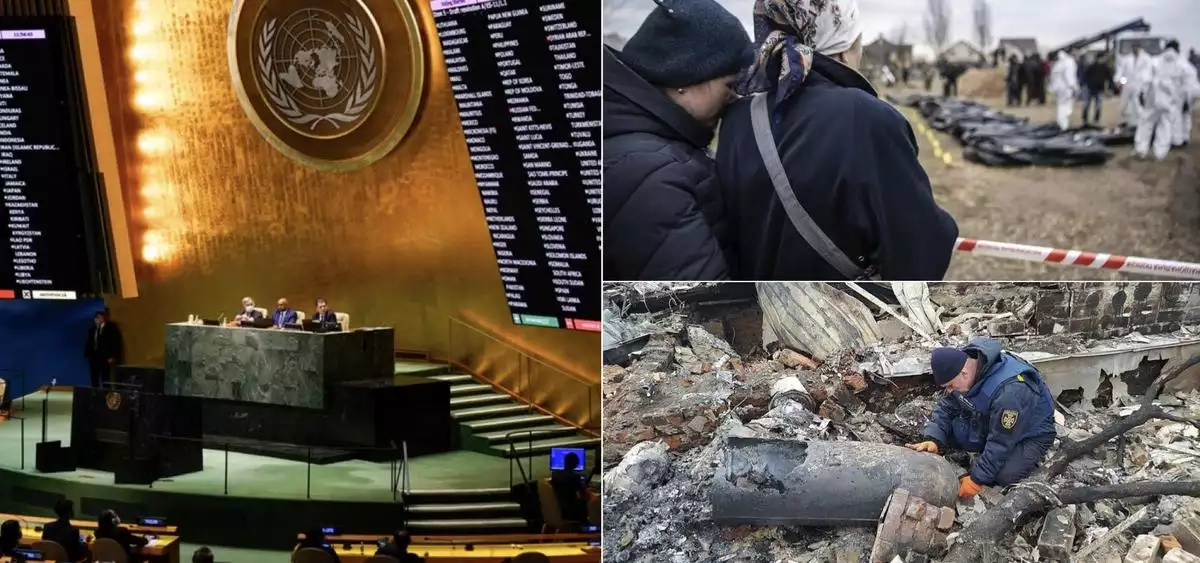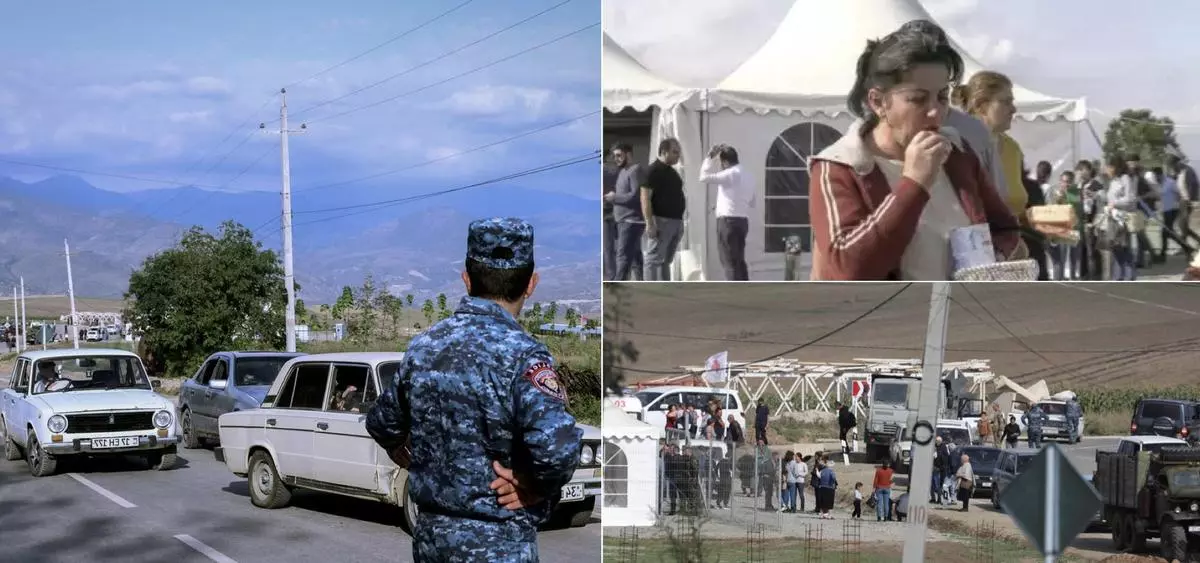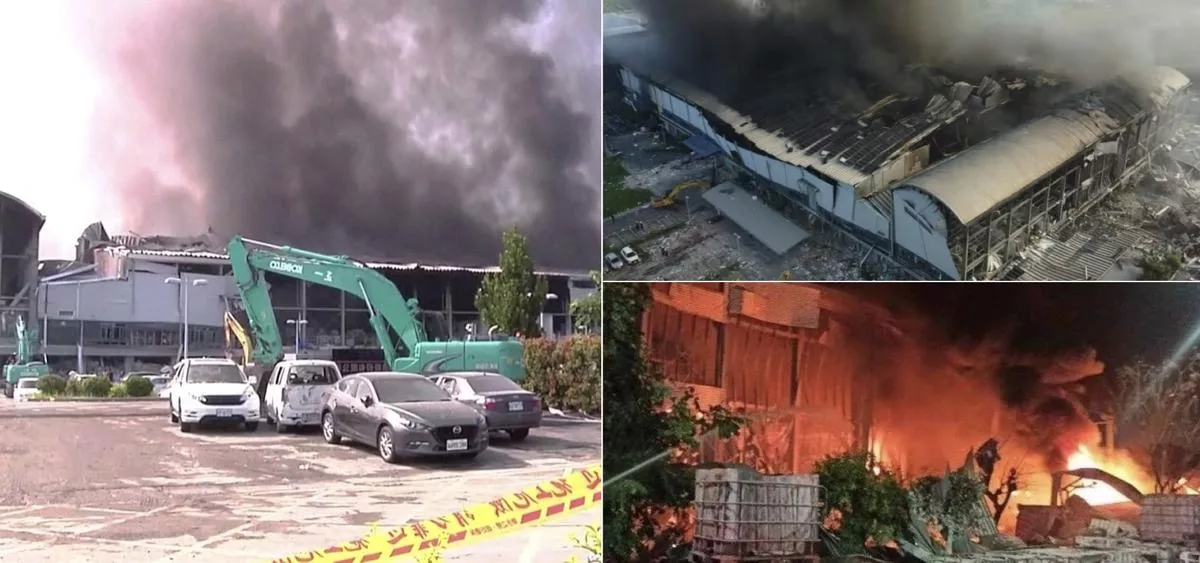Tragic Suicide Bombing in Pakistan Sparks Demands for Regional Cooperation in Combating Extremism as the Death Toll Reaches 63

Credit: Google
In a tragic turn of events, the death toll from a recent suicide bombing in Pakistan has climbed to 63, causing shockwaves across the nation. The attack targeted a rally organized by the religious political party Jamiat Ulema-e-Islam-Fazal (JUI-F) in the Bajaur district, near the Afghan border. The rally was marred by a massive explosion, leaving nearly 200 wounded, some in critical condition.
Prime Minister Shehbaz Sharif expressed deep concern as reports emerged suggesting the involvement of “Afghan citizens” in a series of recent attacks on Pakistani soil. The government demands concrete actions from the Afghan Taliban to prevent their territory from being used as a haven for terrorists.
KHAR, Pakistan (AP) — The death toll from an Islamic State group’s suicide bombing at a campaign rally over the weekend of a pro-Taliban Pakistani cleric’s party rose to 63 on Wednesday, after eight people died in hospital. Sunday’s massive attack — one ofhttps://t.co/Bu0Ni57g89
— MSN Canada (@MSNca) August 2, 2023
The Islamic State group (ISIS) claimed responsibility for the horrific attack. This incident further highlights the escalating tensions between various extremist factions vying for dominance, particularly in the wake of the Taliban‘s resurgence in Afghanistan. Despite pledges from the Afghan Taliban to prevent their territory from becoming a breeding ground for terrorism, challenges persist, casting a shadow of doubt on the region’s stability.
The tragic bombing sheds light on the ongoing struggles in the region, as Pakistan continues to grapple with extremist threats. The Pakistani military had previously declared victory over the Pakistani Taliban in the Bajaur district in 2016, but recent events reveal the persistent danger these groups pose. The attack also underscores the continued influence of pro-Taliban figures like Maulana Fazlur Rehman, whose party remains a potent political force in the area.
Prime Minister Sharif’s call for action comes at a critical juncture, as Pakistan witnesses a surge in attacks, particularly in its western border regions. The government’s demand for accountability emphasizes the need for cooperation between neighboring countries to combat terrorism effectively.
As the investigation unfolds, it becomes increasingly clear that eradicating the threat of terrorism requires a collaborative approach. With the Afghan-based branch of ISIS claiming responsibility and reports of cross-border assistance, the challenge is not confined within Pakistan’s borders alone. The international community watches closely, urging all parties involved to address the root causes of these violent acts and prevent further tragedies.
This recent attack serves as a somber reminder of the volatile landscape that Pakistan navigates, with its history marred by previous terror incidents like the 2014 Taliban attack on a school in Peshawar that claimed the lives of 147 innocent children.
The nation stands resilient, calling for unity and decisive action against those who seek to disrupt its peace and stability. As Pakistan mourns the lives lost in this senseless act of violence, the global community waits to see how leaders and stakeholders will collaborate to stem the tide of extremism, dismantle terrorist networks, and ensure a safer future for all.
RELATED NEWS
WEB STORIES FOR YOU
Stay connected with Today On Globe for the latest Global Issues and News Updates.
Explore more related articles at [TOG News / TOG Article]






















